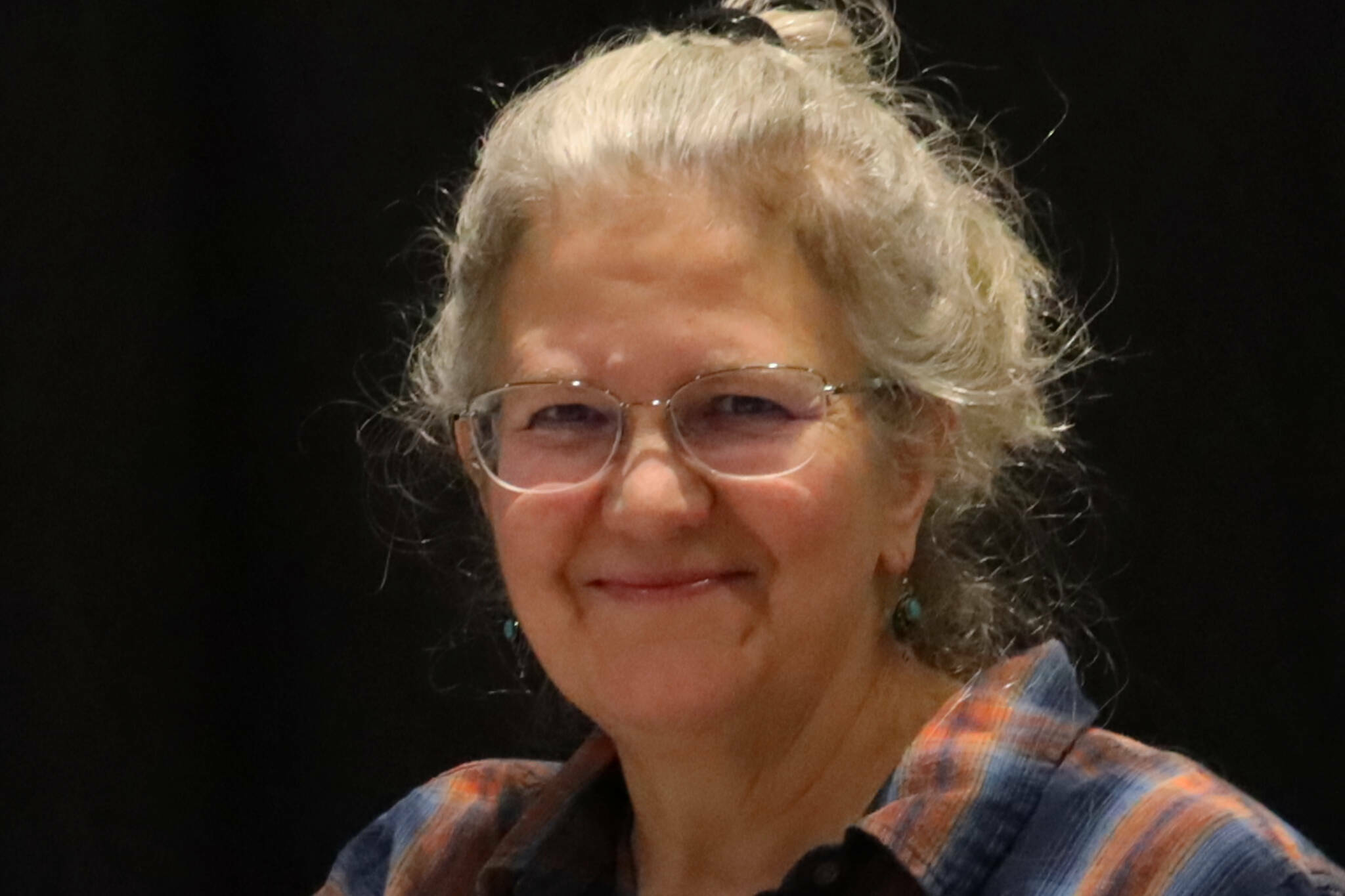I write to encourage all Juneau residents to deeply consider the implications of their vote on the Ship-Free Saturday initiative on the October ballot. I write to all Juneauites, but I want to particularly appeal to my cohort, those of us who came of age in an Alaska rife with opportunity, those of us who have had good careers in our beloved town and state. Many of us are retired on good pensions from those careers, or will be soon. You, and I, are key to this vote. I urge you to vote No.
We remember a time when the state and Juneau were flush with oil money. Things have never been cheap here, but we made good incomes and we had cool jobs. We got to take a front seat in the formation of our young state. It was an exciting time and place to forge ourselves and our careers, our families, our lives.
It’s not like that anymore. In the years between 2013 and 2023, Juneau lost 1,003 state jobs. Think about that. That is a thousand state jobs in a decade. Yikes. As The Boss sang famously, “these jobs are going, boys, and they ain’t coming back.”
I understand that tourism jobs don’t pay as well as some state jobs. But if I have learned anything while serving on the Assembly these last six years, it is just how essential economy is to a city. And every slice of economy is complex in its own way.
A good economy is vibrant and a place with a good economy is a vibrant place. Whether you liked logging or not during its heyday in Southeast Alaska, it’s hard to deny that it was vibrant and active. Juneau was one hopping place as the oil money started flowing into state coffers, and kept coming. For those of us who have fished for a living, preparing for the season, being on the grounds, pitching off the fish to the buyer — it’s a lively scene. All of these jobs were fun, hard and exciting. All of these industries provided local jobs and brought money into local economies.
Tourism does the same and it is the happening industry now in Juneau. Local residents have built thriving businesses that support them and their families. High school and college students have starter jobs. The people in this industry bring happiness to the many tourists visiting Juneau. You may not like the crowded downtown, but it is undeniably vibrant; in fact, it is undergoing something of a renaissance.
Some say that CBJ has not addressed the increase in tourism. I disagree. CBJ now has three agreements with the cruise industry: Big ships do not offload their garbage in Juneau, a five-ship limit is in place, and daily passenger limits have been agreed upon. All of these agreements are revolutionary within the industry, and Juneau is considered a trendsetter worldwide with these negotiated agreements. The Assembly has sent a clear message to staff and to the industry that we want to hold the level of tourism the same or reduce it. The agreements in place give us a point of stability to work from, but we need to allow these agreements to be implemented.
While the negotiated agreements are a substantial step in managing tourism, they are not the only solution. The very fact that the industry has worked hard to reach agreement with the city means that as needs arise, future agreements can be arrived at.
This does not have to be an us versus them argument. None of us are better than others. We are each of us at some stage in this path of life, figuring out the best way to make our lives work in this beautiful city of ours. For those of us who have lived here long, though, please think of those on the starting end of that path. What can we do today to promote the economy they will inherit? It’s our Juneau, all of our Juneau. How can we vote so that Juneau, now and in the future, will be as full of opportunity as it was for us?
Please vote No on the Ship-Free Saturday initiative.
• Michelle Bonnet Hale is in her sixth and final year on the CBJ Assembly. She was born in Juneau and has spent some three-quarters of her life in Juneau.

